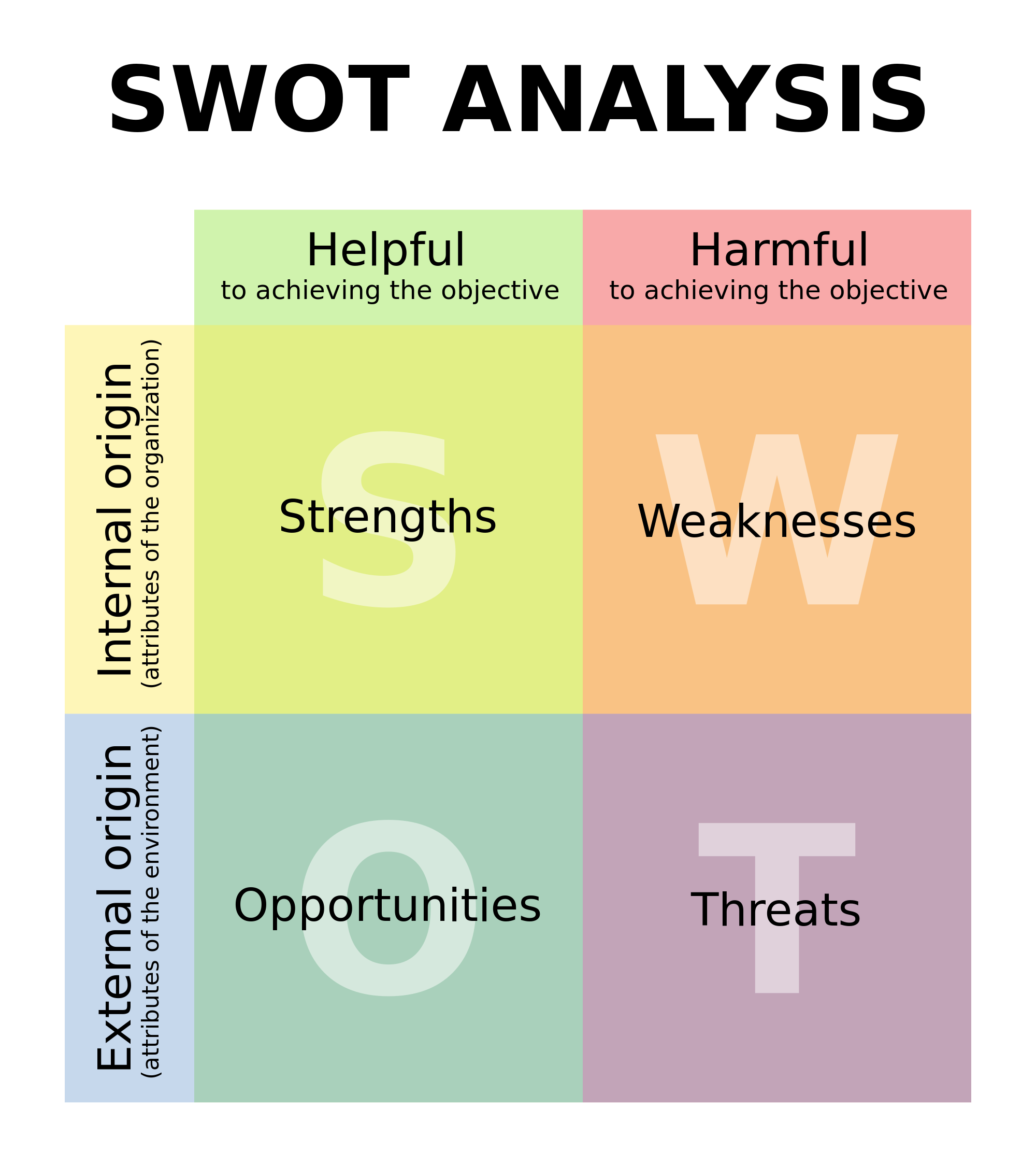Business Insider: Before You Take the Leap, Do These 5 Things
 For years, I talked about it. For years, I gave it away for free (more in the next section). For years, I lacked the bravery to step into the wild, shielded by a full-time job and numerous excuses for why I couldn’t, shouldn’t or otherwise. Finally, I took the step; I took the leap and jumped and built a ladder on my way down. By leap I mean self-employment. Now, I am not suggesting that you walk into your boss’s office and offer him your final farewell tomorrow. If you don’t have somewhat of a safety net, gleefully return tomorrow to your day job and consider it a blessing that will serve you well as you SERIOUSLY and finally build your enterprise to step out and give it 150 percent of your time and attention. Oh yes, and it will absolutely take that! Long nights, early mornings, sacrifices, did I say sacrifices? It will take living like most are not willing to, to have options and the freedom that many will NEVER be able to. Whether you leap cold turkey into entrepreneurship or you take a more moderate approach, plan to do these five things for business success.
For years, I talked about it. For years, I gave it away for free (more in the next section). For years, I lacked the bravery to step into the wild, shielded by a full-time job and numerous excuses for why I couldn’t, shouldn’t or otherwise. Finally, I took the step; I took the leap and jumped and built a ladder on my way down. By leap I mean self-employment. Now, I am not suggesting that you walk into your boss’s office and offer him your final farewell tomorrow. If you don’t have somewhat of a safety net, gleefully return tomorrow to your day job and consider it a blessing that will serve you well as you SERIOUSLY and finally build your enterprise to step out and give it 150 percent of your time and attention. Oh yes, and it will absolutely take that! Long nights, early mornings, sacrifices, did I say sacrifices? It will take living like most are not willing to, to have options and the freedom that many will NEVER be able to. Whether you leap cold turkey into entrepreneurship or you take a more moderate approach, plan to do these five things for business success.
- Decide how you pay for your current lifestyle
Will you rely on a spouse? Or work part-time or on contract while building your business? Or will you grow your enterprise while you maintain your full-time job? Whatever your plan, be sure to have an exit strategy from this support and set clear goals and objectives on how you will focus on your business 100 percent of the time.
- Build an emergency fund
Making a decision to hang up your corporate cleats in favor of dress sweats and sneakers, and hanging out your own “For Business” sign is a tough and oftentimes fearful decision. Many are the stories of entrepreneurs with less than $100 to their name amassing fortunes off of true determination and grit! I applaud them and relish in these stories; however, for most of us, it gives us a sense of security to plan to fire our bosses. With that, ideally plan for 12 months, and no less than six months of your current expenses in savings. This will help to keep you afloat until you can start to earn a salary from your business. (This book will help you do that much more quickly.)
- Uncover what makes you different from the pack
If an investor offered you $100,000 today to invest in your business and the only catch was that you had to pitch to him exactly what makes you different than your competitors, what would you say? Knowing why customers should choose you over your competitors is an instrumental component of building a sustainable business. Being able to effectively communicate that within a 30-second elevator pitch, a presentation to customers/investors, and in written communication is a non-negotiable skill set. Every entrepreneur must be able to articulate what makes them unique.
- Identify your niche
A niche is a special area of demand for a product or service. Find yours today. Upon beginning this journey, ask yourself, “What problem does this product or service solve?” and, “How does it uniquely address a need?” The great Albert Einstein notably stated, “Genius is the ability to focus on one particular thing for a long time without losing concentration.” Many business owners fail due to their desire to do too many things. They spread their attention and funds across so many areas that they fail to do any of them with great excellence. Find the one thing that you do so well, that you enjoy doing and would do for free for the rest of your life, and you have at least found the skill set that you should wrap your product or service around. Perfect that business and drill it down to serve a small subset of the market, creating extreme value and high demand. For me, it is developing people with unique strategies and passion. That is why coaching and consulting was a no-brainer. The ability to deliver it Q.U.I.C.C™ to start-ups and small businesses is my niche.
- Decide, TODAY, how you will get your first five customers
Many of my coaching clients are thrown off by this question. In fact, the majority of new businesses don’t give a second thought to how they plan to acquire clients and new business. This should be the core component of your marketing plan. Yes, you need to write a marketing plan. Under market strategy within your plan, you should look at the top 5–10 tactical action steps you plan to take to get your first five customers. Depending upon your product and service, you can start with your sphere of influence (family, friends and colleagues) to gain your first customers. They can also serve as part of your product/service research for your business. With a great product, you will receive word-of-mouth advertising from this group as well. If you are transferring a skill from a corporate job, but not in a competitive capacity, and branching out on your own, your previous employer (provided you made a proper exit rather than utilize a 10-piece orchestra to gleefully announce that you were leaving the drains of their organization and corporate America in general) always serves as a perfect first customer. After all, they know your work and trust you, HOPEFULLY! As you begin to have exit interviews, start to plant the seed on how working with you as a client in your new business solves a particular problem within the organization that you know they have. Even if you have left your corporate job long ago, reaching back to previous employers is always a great place to start.










